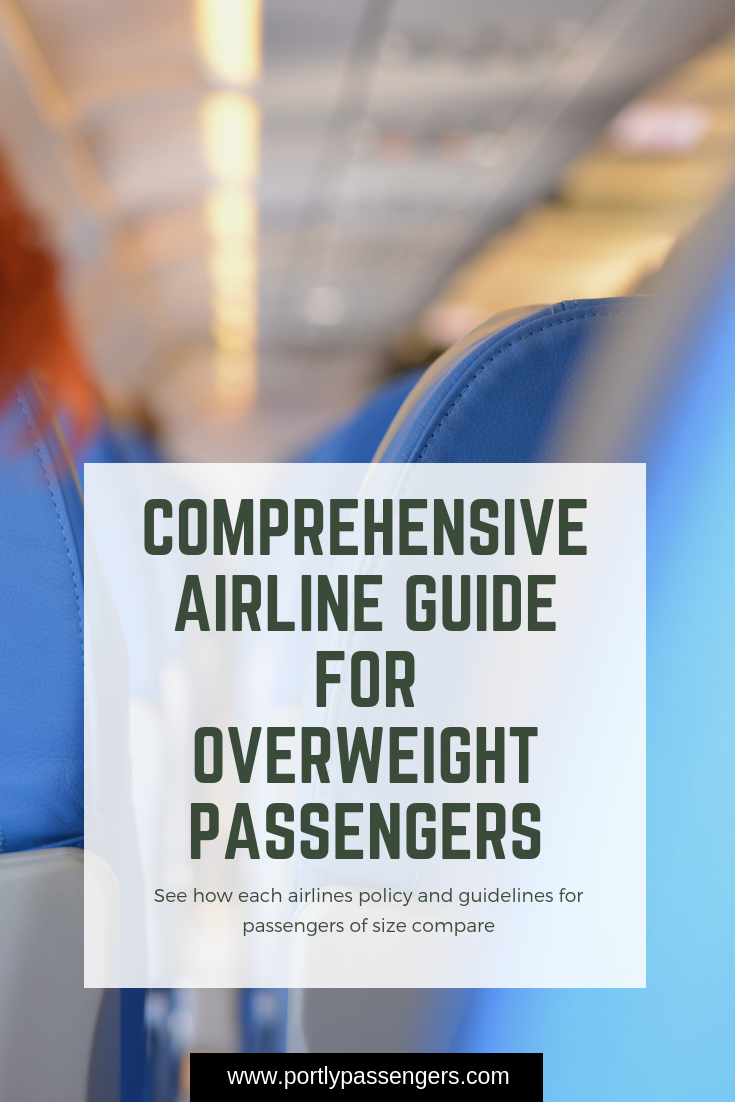Traveling by air is convenient, but things can sometimes go wrong, leading to significant inconvenience or even financial loss. If you've experienced unfair treatment from an airline, knowing how to sue an airline can be an essential skill. In this comprehensive guide, we'll walk you through the steps to take legal action against an airline and ensure you receive the justice and compensation you deserve.
Airlines are responsible for providing safe and reliable travel experiences. However, delays, lost luggage, denied boarding, and other issues may arise. Understanding your rights as a passenger is crucial in navigating these situations effectively. This guide will equip you with the knowledge to hold airlines accountable when they fail to meet their obligations.
Whether you're dealing with a domestic or international flight, this article covers everything you need to know about suing an airline. From gathering evidence to filing a lawsuit, we'll break down each step in detail. Let's dive in!
Read also:Buzz Mccallister The Iconic Character That Stole Our Hearts
Table of Contents
- Understanding Your Rights as a Passenger
- Common Issues That May Warrant Legal Action
- Gathering Evidence to Build Your Case
- Contacting the Airline First
- Filing a Claim with the Airline
- Exploring Legal Options
- Understanding Relevant Laws and Regulations
- Hiring an Attorney
- The Court Process
- Avoiding Common Mistakes
- Conclusion
Understanding Your Rights as a Passenger
Before you consider suing an airline, it's essential to understand your rights as a passenger. Airlines are governed by various laws and regulations designed to protect consumers. These rights vary depending on your location and the nature of your trip.
Domestic vs. International Flights
For domestic flights, laws such as the Airline Passenger Protection Rules in the United States provide specific protections. These rules cover issues like tarmac delays, overbooking, and lost luggage. On the other hand, international flights are often subject to treaties like the Montreal Convention, which establishes liability limits for airlines in case of accidents or delays.
Key Rights to Know
- Right to compensation for flight cancellations or delays
- Right to reimbursement for lost or damaged luggage
- Right to refuse boarding compensation
- Right to information about your rights as a passenger
Being aware of these rights will empower you to take appropriate action if an airline violates them.
Common Issues That May Warrant Legal Action
While most flights proceed smoothly, there are situations where legal action against an airline may be necessary. Below are some common issues passengers face:
Flight Delays and Cancellations
Flight delays and cancellations are among the most frequent complaints from passengers. Airlines are required to compensate passengers under certain circumstances, such as:
- Delays exceeding a specified time limit (e.g., 3 hours)
- Cancellations due to airline fault
- Failure to provide alternative flights or accommodations
Lost or Damaged Luggage
Luggage mishandling can cause significant inconvenience and financial loss. Airlines are liable for lost, delayed, or damaged luggage up to a certain limit, depending on the applicable laws.
Read also:John Cena Funeral A Tribute To A Wrestling Legend
Gathering Evidence to Build Your Case
Building a strong case against an airline requires gathering solid evidence. This step is critical in ensuring that your claim is credible and well-supported.
Document Everything
Start by documenting all relevant details of your trip. This includes:
- Flight itinerary and booking confirmation
- Boarding passes
- Photographs or videos of the issue (e.g., damaged luggage)
- Correspondence with the airline
Keep Receipts
Save all receipts related to expenses incurred due to the airline's actions. For example, if you had to pay for a hotel stay because of a delayed flight, keep the receipt as proof of additional costs.
Contacting the Airline First
Before pursuing legal action, it's advisable to contact the airline directly to resolve the issue. Many airlines have customer service teams dedicated to addressing passenger concerns.
When reaching out, be polite but firm in explaining your situation. Provide all necessary documentation and request a resolution, such as compensation or a refund.
Filing a Claim with the Airline
If contacting the airline doesn't yield satisfactory results, you can file a formal claim. Most airlines have a claims process outlined on their website.
Tips for Writing an Effective Claim
- Be concise and factual
- Include all relevant documentation
- Specify the compensation or resolution you're seeking
Remember to keep a copy of your claim for your records.
Exploring Legal Options
If the airline fails to address your concerns, you may need to explore legal options. Suing an airline can be a complex process, but it's often necessary to obtain justice.
Small Claims Court
For smaller claims, filing a case in small claims court may be an option. This process is typically faster and less expensive than pursuing a lawsuit in a higher court.
Class-Action Lawsuits
If many passengers experienced the same issue, joining a class-action lawsuit could be beneficial. These cases allow multiple individuals to collectively seek compensation from the airline.
Understanding Relevant Laws and Regulations
Familiarizing yourself with the laws and regulations governing airlines is crucial when preparing to sue. Some key regulations include:
Montreal Convention
The Montreal Convention governs international air travel and establishes liability limits for airlines. It covers issues like passenger injury, death, and baggage mishandling.
EU Regulation 261/2004
For flights departing from or arriving in the European Union, EU Regulation 261/2004 provides extensive passenger rights, including compensation for delays, cancellations, and denied boarding.
Hiring an Attorney
In complex cases, hiring an attorney specializing in aviation law can be invaluable. An experienced lawyer can guide you through the legal process and increase your chances of success.
What to Look for in an Attorney
- Experience in aviation law
- Track record of successful cases
- Positive client reviews
Consulting with an attorney can provide peace of mind and ensure your case is handled professionally.
The Court Process
If your case proceeds to court, understanding the process is essential. Below is an overview of what to expect:
Pre-Trial Procedures
Before the trial, both parties will exchange evidence and prepare their arguments. This phase may involve mediation or settlement negotiations.
During the Trial
During the trial, you'll present your case to the judge or jury. Your attorney will help you organize your evidence and testimony to maximize your chances of winning.
Avoiding Common Mistakes
When suing an airline, avoiding common mistakes can significantly improve your chances of success. Some pitfalls to watch out for include:
- Not gathering sufficient evidence
- Failing to meet deadlines for filing claims
- Not consulting with a legal professional when necessary
Staying organized and informed will help you navigate the process smoothly.
Conclusion
Suing an airline can be a challenging but necessary step when your rights as a passenger are violated. By understanding your rights, gathering evidence, and exploring legal options, you can hold airlines accountable for their actions.
We encourage you to take action if you've experienced unfair treatment from an airline. Share this article with others who may benefit from the information, and feel free to leave a comment below if you have any questions or need further guidance. Remember, knowing how to sue an airline is an important skill that can protect your rights as a traveler.


